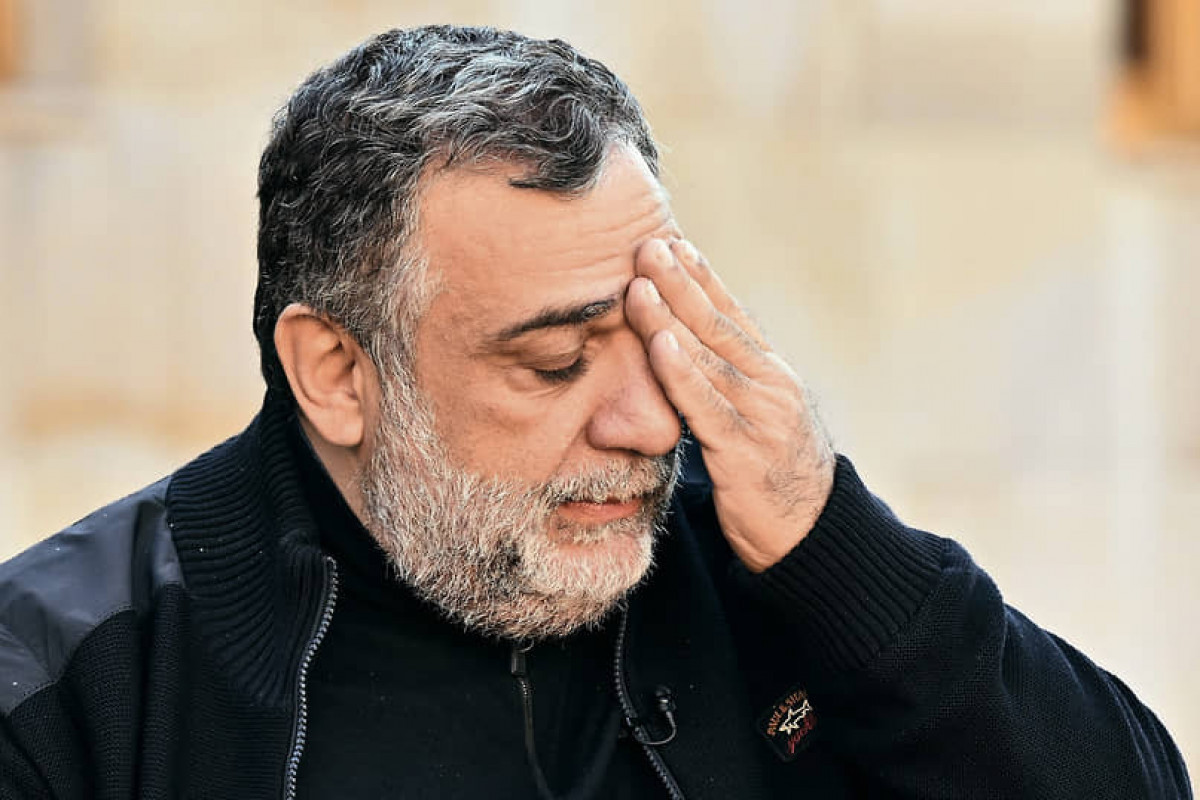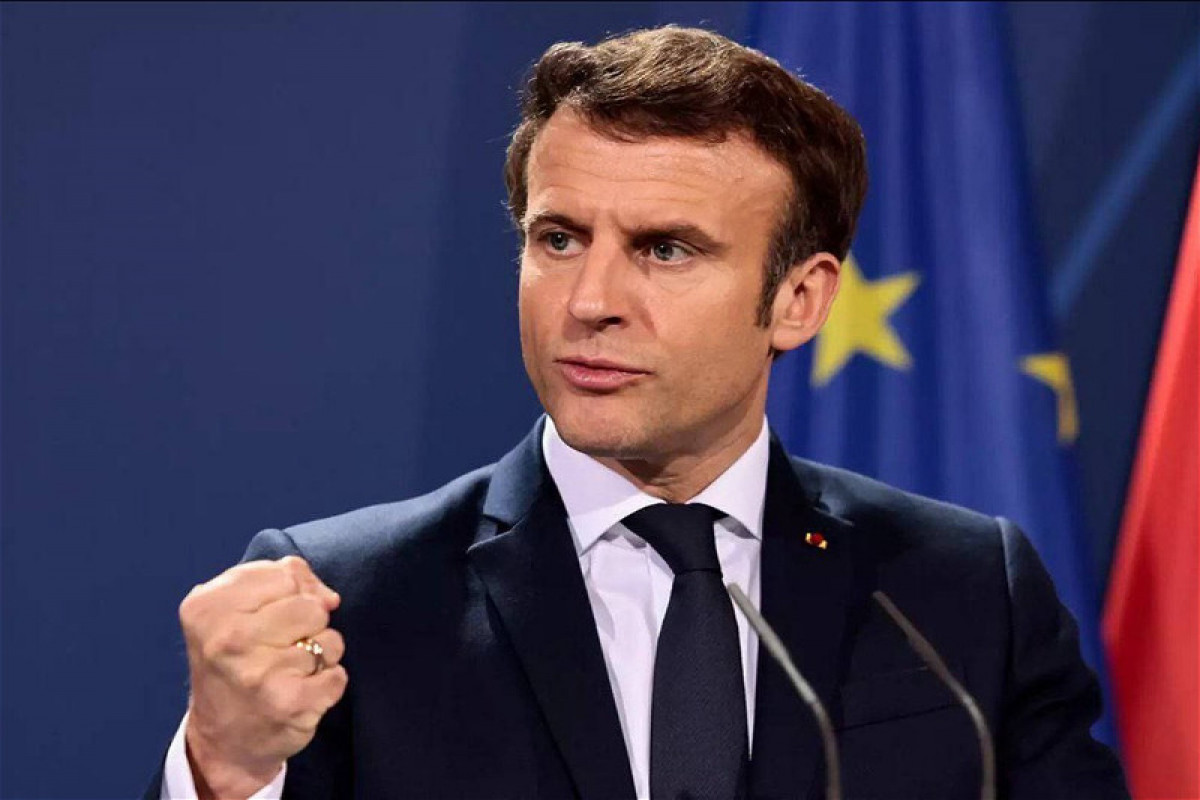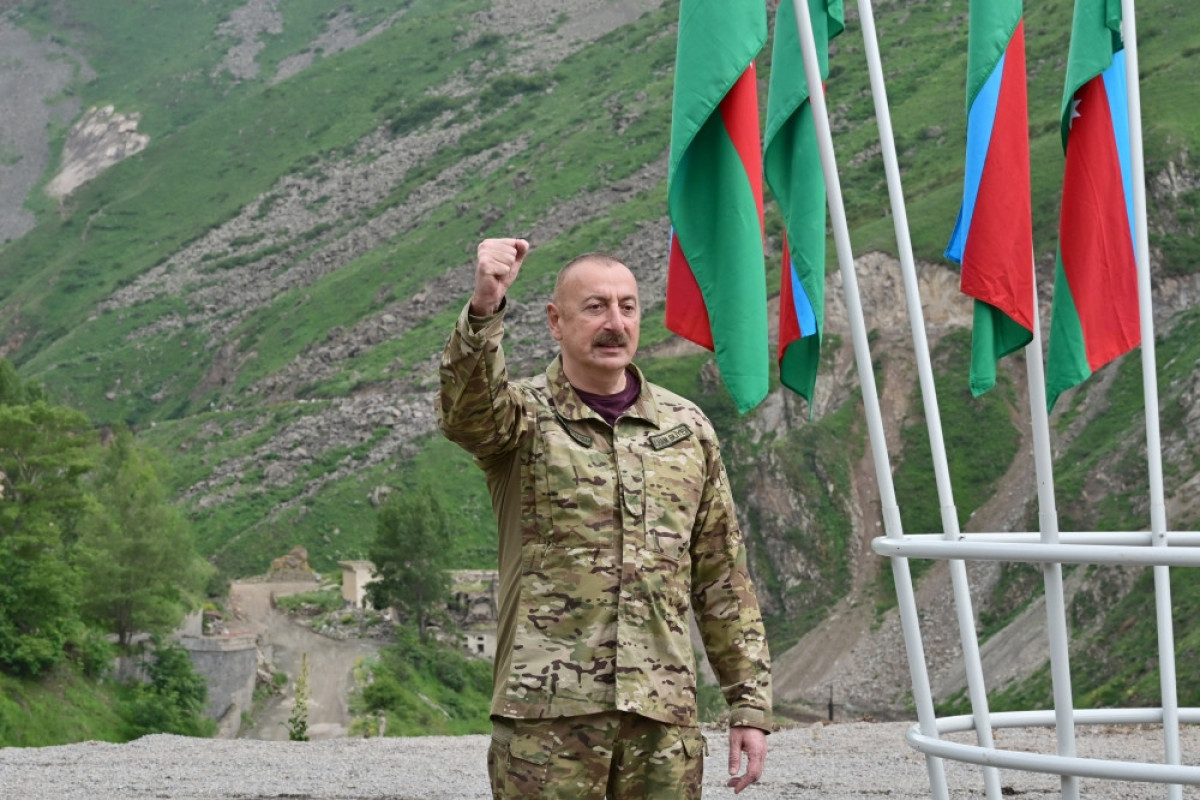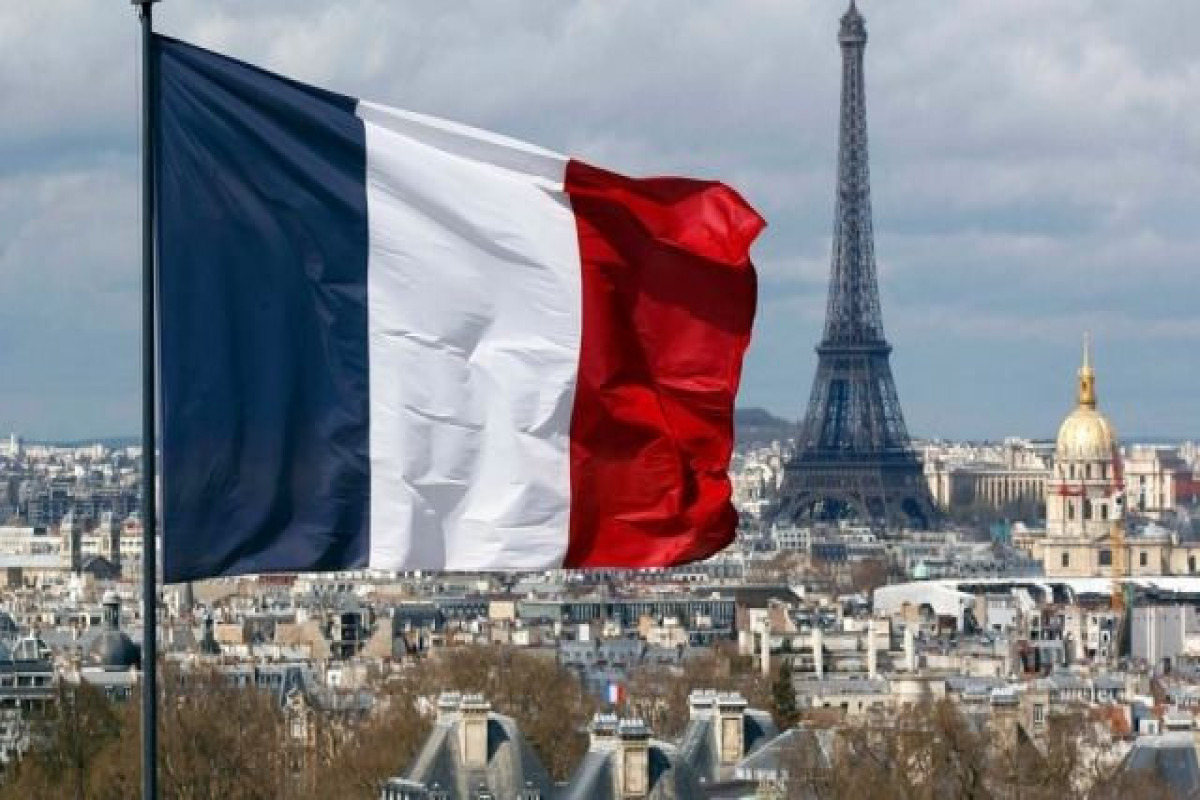Rapid drop in oil prices, the banking sector facing serious problems in leading states, and imbalance in the world economy resulting from the sanctions imposed on different countries are initial signs of this crisis. During his speech at the end of the unsuccessful G20 Summit (the Group of Twenty) last month, British Prime Minister David Cameron predicted the crisis will culminate during 2015 and have graver consequences compared to those before.
Although there were high hopes at the summit for a solution to a number of global problems, especially the problems of economic crisis and energy, these hopes were cut off with the participating countries failing to coordinate their interests. Nevertheless, both G20 members and observers share one opinion in common – the only way to get rid of global problems is the creation of a platform for discussion which would find common ground for interests. The role of the G20 in this respect is irreplaceable. The G20 union, created 15 years ago, is still in the spotlight. And the expanding scope of global problems dramatically increases the importance of this political platform.
Turkey is going to chair the G20 summit in such a period. Turkey will take over the G20 chairmanship on December 21. And new development directions of the international system will be determined during Ankara’s chairmanship. Despite dealing with issues like global climate change, development models, combating corruption, and eliminating problems of poverty, the main ambition of this union is to achieve stable development of the international economic system. Without stable economic development, it’s of course impossible to overcome other issues we mentioned. Because of this reason these areas are considered to be declarative in the G20 context. Therefore, we must view the G20 as a structure of managing the global economy. Although Turkey said its main targets during Ankara’s chairmanship of the union will be wide coverage, application and investments, its primary job will be to minimize the impact of the global crisis and thus bring interests of the world’s leading economic powers represented within the G20 to a common platform. Ankara understands the reality that economic development is like a newborn baby and that it does not grow up all of a sudden but from month to month, year to year. And one of the main tasks Turkey will have to do is properly coordinate the development process of the global economy and the G-20 reaching its goals.
85 percent of the world economy and 75 percent of global trade fall to the share of the G20 countries. 2/3 of the world population live in the G20 member countries - the US, EU, China, Japan, Turkey, Germany, Russia, India, UK, France, Italy, Canada, Mexico, Brazil, Argentina, South Korea, Indonesia, Australia, Republic of South Africa and Saudi Arabia. The G20 aims to increase the total volume of GDP of each member states by 2.1 percent over the next three years. And this requires the member countries to:
a) support the projects that will contribute to the global economy and fundamentally change the economic outlook in developing countries and regions;
b) enhance cooperation to fill the gaps of global infrastructure investment and support the initiatives in this regard;
c) reach mutual agreements for insurance of the financial sector against crisis;
d) further strengthen cooperation in the energy sector on a global scale;
Of course, there are other requirements lying ahead for the G20 member countries. However, on the eve of forthcoming economic crisis, an important issue such as global climate change becomes less significant, and the G20 regards achieving economic development as tactical and strategic goals and fighting against corruption and reducing the poverty as a long-term target.
As seen, the Turkish G20 presidency is high confidence, but it falls on a very difficult period and puts great responsibility on the country. Coordinating the activity of such a higher platform for a year gives a number of advantages to Turkey, the most important – is a multiple increase of Ankara’s ability to influence and maneuver. This is extremely important for Turkey on the eve of the 100th anniversary of the so-called Armenian genocide and redistribution of the Middle East. Turkey’s advantages are also useful for Azerbaijan, its strategic ally, and lead our country to increasing its part in the world. The reason is that Azerbaijan, at the invitation of Turkey, will participate as a full member in all meetings to be held in the G20 format in 2015, including the Summit of leaders to be held in Antalya in November next year. The G20 format provides the right for the presiding country to invite one state to the summit, and as stated in an official statement, Ankara took advantage of this right in favor of Azerbaijan, with which it has special and fraternal ties. The fact that Turkey has chosen Azerbaijan, despite the lobbying activities of a number of countries, is fully in line with the spirit of the strategic partnership between the two countries. Remaining true to its commitments within the framework of this cooperation, Turkey has invited Azerbaijan to the G20 Summit.
Naturally, Azerbaijan welcomes this step of Turkey, and during a telephone conversation with his Turkish counterpart Recep Tayyib Erdogan, President Ilham Aliyev expressed his satisfaction with the invitation, noting that Azerbaijan would take an active part in all activities of G20. But why Azerbaijan? Let’s suppose on a hypothetical plane that Turkey has invited to the summit not Azerbaijan but another state. First of all, it would have been in contradiction with the spirit of friendly, fraternal and special relations Ankara has stated as well as strategic alliance Baku has mentioned, and undermined the trust between the two countries. Second, most importantly, Azerbaijan can play an important role in activities of G-20 in 2015 and subsequent years.
a) Azerbaijan is an initiator and participant of two global projects - Baku-Tbilisi-Kars railway and TACIS program covering a large area from Southeast Asia to Europe that will contribute to the global economy. One of key commitments undertaken by the G20 to achieve its main goal is supporting such initiatives.
b) Azerbaijan has increased its investment opportunities at the expense of oil revenues. One of the main solutions to the global economic crisis is to fill the gap in global infrastructure investment, and our country can contribute to this process by funding of regional projects.
c) Azerbaijan, remaining financially stable for many years, has managed to hedge against the impact of the two economic crises, in some cases even benefit from it. This experience of Azerbaijan can be used in increasing the share of low-income developing countries, not being the members of G20, in the global economy and their level of development, this is one of the main goals of the Group of Twenty.
d) Finally, the G20 considers it important to strengthen global cooperation in the energy sector for achieving its goals. Though Azerbaijan isn’t G20 member state, in 2015 it is regarded as one of the indispensable players of the cooperation in the energy sector. It is needless to say that Azerbaijan, that is possessing main oil export pipelines and is an active participant in the process of diversification of energy supply routes, plays a special role in the work of the G20 in this regard.
One of the main factors affecting Turkey’s choice of Azerbaijan is multi-vector foreign policy of Azerbaijan. Baku has always gained an advantage giving priority to the development of relations not only with the alliances, but also with the member states, managed to protect its interests in the region of conflicting interests as a result of this policy. Azerbaijan has normal bilateral relations with all the G20 members, that are main parts of the polarization having overlapping and conflicting interests, and Turkey that will chair the G20 will be able to use opportunities of its strategic ally - Azerbaijan - to fulfill the mission of reconciliation of interests.
Vugar Masimoghlu, APA Analytical Center






